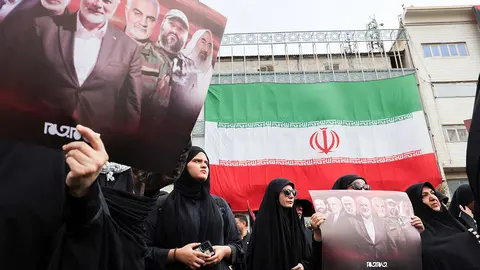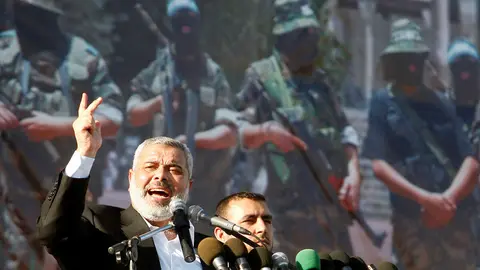Middle East awaits Iran's response against Israel

The Middle East is holding its breath over the Islamic Republic of Iran's response to Israel's assassination of Hamas leader Ismail Haniyeh in Tehran. Although Jerusalem has not officially admitted its involvement in Haniyeh's death, Tehran and its regional proxies have taken direct aim at Israel, vowing revenge.
Senior Iranian officials have already met with representatives of pro-Iranian militias in the Middle East, such as Hezbollah, to plan possible retaliation against Israel. Two possible scenarios were discussed: a simultaneous response by Iran and its regional militias or a staggered response by each group.
In the midst of this situation, the so-called 'Axis of Resistance' faces a dilemma: how to deter its great enemy without provoking a more violent Israeli response that could trigger a full-scale regional conflict, especially after Israel's major airstrike on the port of Hodeidah following a drone strike by the Houthis on Tel Aviv.
On the sidelines of this meeting, the funeral of Fouad Shukr, a senior Hizbollah commander recently eliminated by Israel in a Beirut suburb, was held in Lebanon. Israel accuses Shukr of planning last Saturday's attack that killed 12 children in the Golan Heights. The senior member of the Lebanese militia also played a key role in organising and carrying out the bombing of the US Marine Corps barracks in Beirut on 23 October 1983 in which 241 US servicemen were killed.
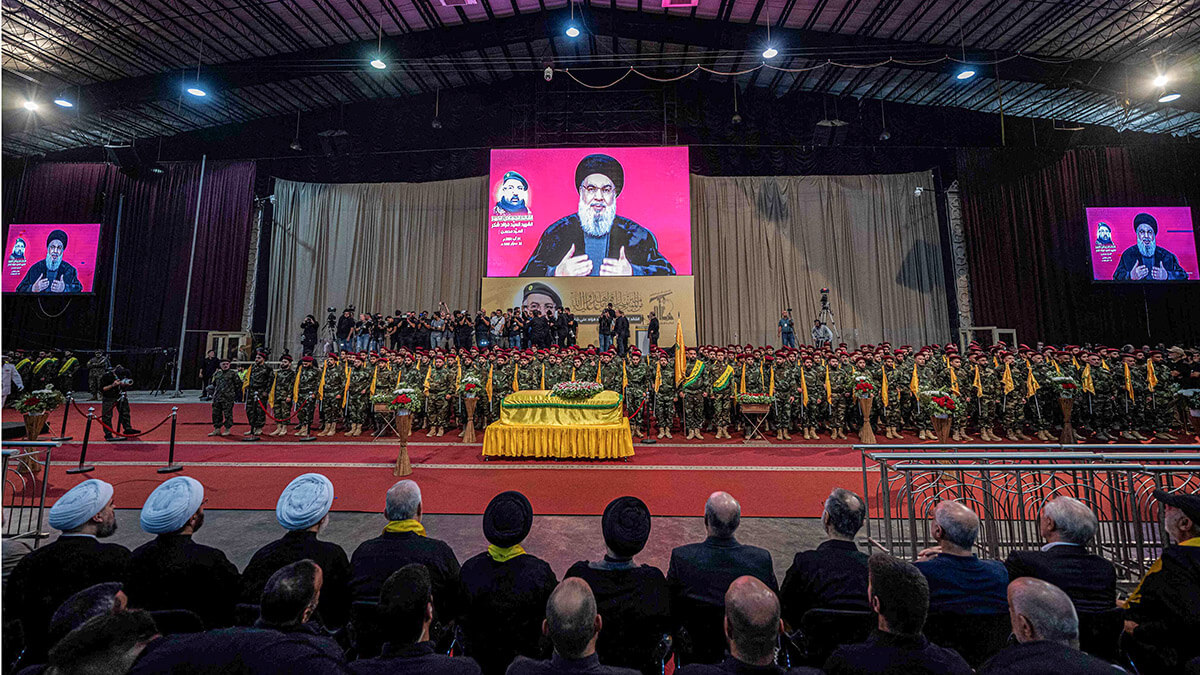
During the ceremony, Hezbollah leader Hassan Nasrallah announced that the organisation will carry out a significant response against Israel in the coming days. In the past few hours, the Shiite militia has already launched at least 60 shells at northern Israel, some of which have been intercepted by air defence systems.
Nasrallah also pointed to the high possibility of retaliation by Iran for Haniyeh's assassination, as well as by other pro-Iranian groups, including Shia militias in Iraq and the Houthis in Yemen. "We are no longer talking about separate fronts. This is an open campaign on all fronts and there is no doubt that the war has entered a new phase," the Hezbollah leader declared.
Several Interceptions by the Iron Dome over the Upper Galilee Region of Northwestern Israel, following the First Rocket Barrage launched by Hezbollah in over 48 Hours. pic.twitter.com/vW25m2OOqt
— OSINTdefender (@sentdefender) August 1, 2024
Unlike the previous Iranian attack on Israel in April, this time the Ayatollah regime could also involve some of its proxies in a joint offensive against Israel.
As a leader of the Islamic Resistance of Iraq, an alliance of pro-Iranian groups, revealed to AFP, "Iran will lead the first response with the participation of Iraqi, Yemeni and Syrian factions, attacking military targets, followed by a second response by Hezbollah". The same source also clarified that Hezbollah could attack civilian targets to avenge the killing of three women and two minors in the attack that killed Shukr in Beirut.
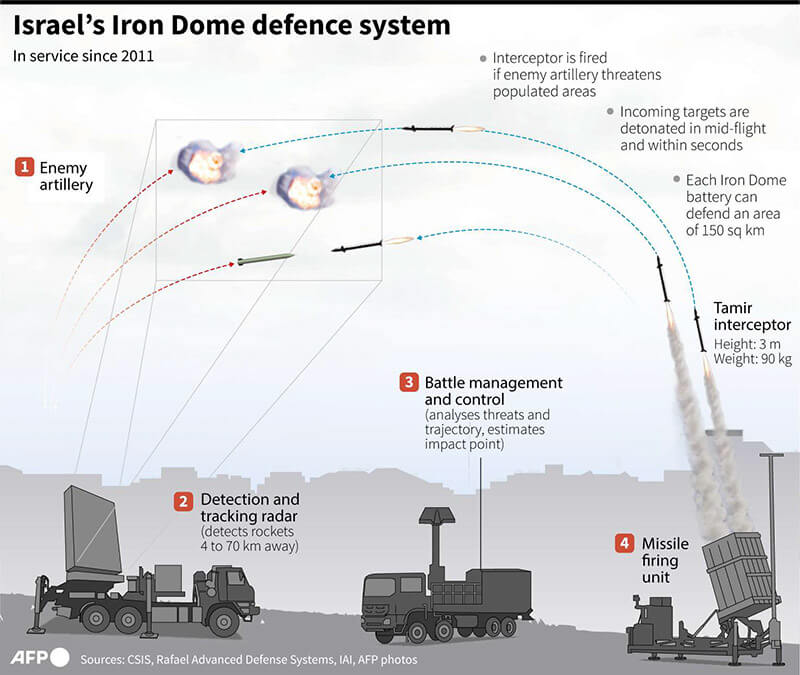
Iranian regime will not risk its survival
Despite the traditionally aggressive rhetoric from Tehran and its regional allies, the response is expected to be measured to avoid further confrontation. For the Iranian regime, its survival is the top priority. It may exert pressure on Israel, but it will not jeopardise its continued power in Iran.
Moreover, despite the fact that Haniyeh's assassination took place on Iranian soil, revealing major security lapses, the Hamas leader was not an Iranian figure. Despite Tehran's strong support for Hamas, the Iranian regime is not willing to risk its survival for the Palestinian group.
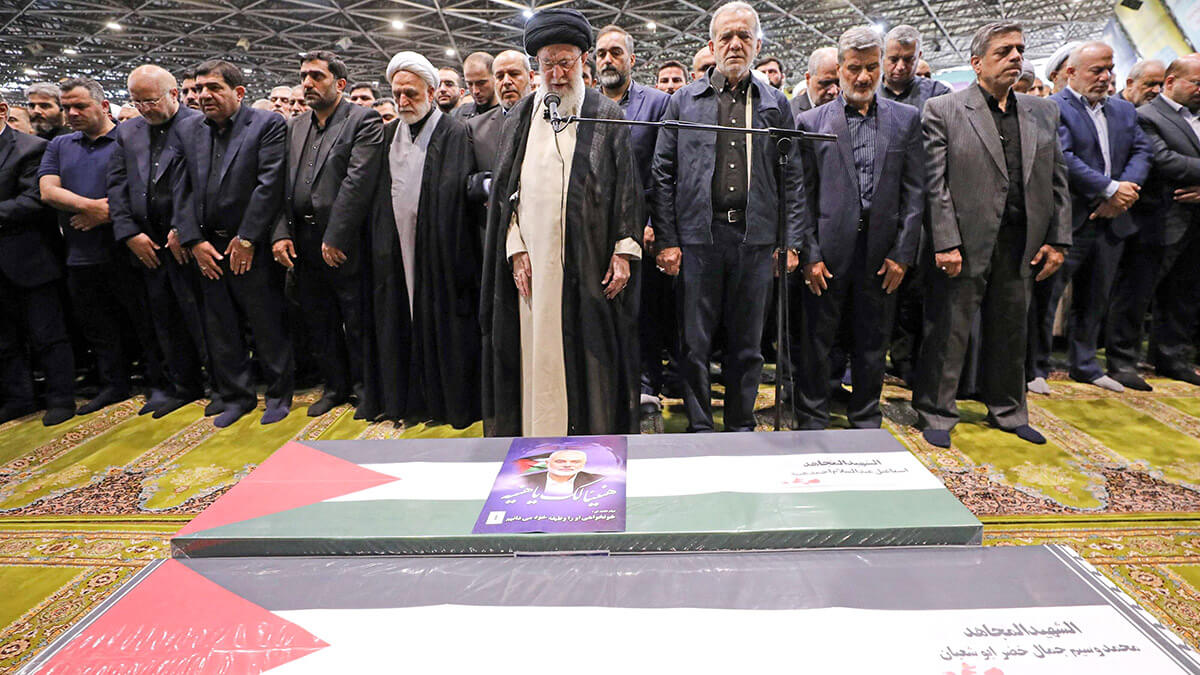
Hezbollah is in the same situation and will try to calibrate the attack to cause only material damage and limit further escalation, as it fears Israeli retaliation against its infrastructure similar to the 2006 Israeli attacks on Lebanon or the recent attacks on the Yemeni port of Hodeidah.
In this regard, National Security Council spokesman John Kirby has stressed that Washington does not consider that there are indications of an "imminent escalation".
However, it has also come to contemplate that the Iranian attack will be stronger than the last one in April. For the first time in history, the Islamic Republic launched a direct attack on Israel with drones and hundreds of missiles after an attack blamed on Israel killed members of the Revolutionary Guard at the Iranian consulate in Damascus.
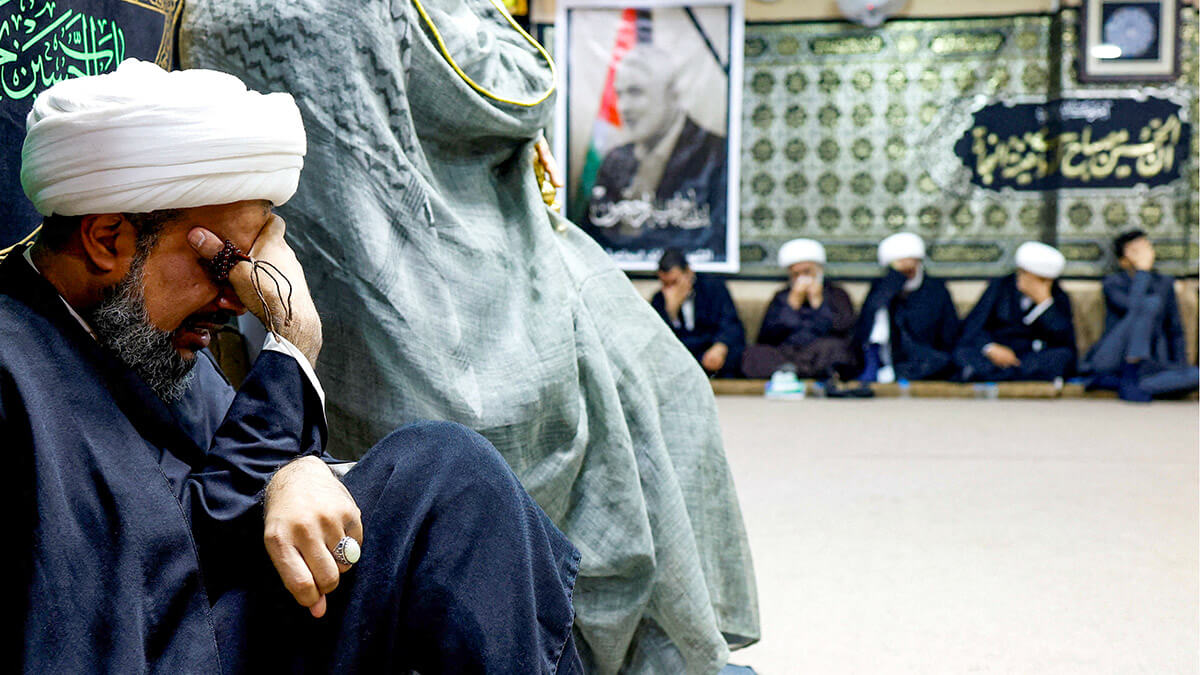
US joins preparations to counter the attack
As Iran and its militias finalise the details of their retaliation, Israel and its allies, especially the United States, are preparing for such a response. Washington is convinced that Tehran will attack the Jewish state soon and is preparing to counter it, US officials told Axios.
Joe Biden's administration expects any Iranian retaliation to follow the same pattern as the 13 April attack, but potentially more far-reaching, with possible Hezbollah involvement.

At the time, several Arab countries, including Jordan and Saudi Arabia, helped shoot down Iranian and Houthi drones, also allowing the US and Israel to use their airspace to intercept threats. However, according to Axios, the Biden administration is concerned that it may now be more difficult to mobilise the same international and regional coalition of countries that defended Israel from the earlier Iranian attack.
The US sources told the news outlet that preparations to deal with the impending Iranian attack involve US military assets in the Gulf, the eastern Mediterranean and the Red Sea. "We are expecting a difficult few days," they said.
IDF Spokesman Rear Adm. Daniel Hagari: There is no change to Home Front Command guidelines for civilians, ahead of an expected Iranian attack on Israel. "We have our finger on the pulse all the time."
— Ariel Oseran (@ariel_oseran) August 1, 2024
Watch the full statement translated into English. pic.twitter.com/hH0PGS2273
Meanwhile, Israel Defence Forces spokesman Rear Admiral Daniel Hagari announced during a press conference that Israel's international partners had increased their forces in the region to help counter a possible attack.
Meanwhile, Israeli Prime Minister Benjamin Netanyahu has assessed the Israel Defense Forces Home Front Command's preparations, saying they are "ready for whatever may happen". So far, no new instructions or changes to the Home Front Command's defence policy have been announced.
"Israel is in a state of maximum preparedness for any scenario, both in defence and attack. We will exact a very high price for any act of aggression against us, whatever the side," he said.

